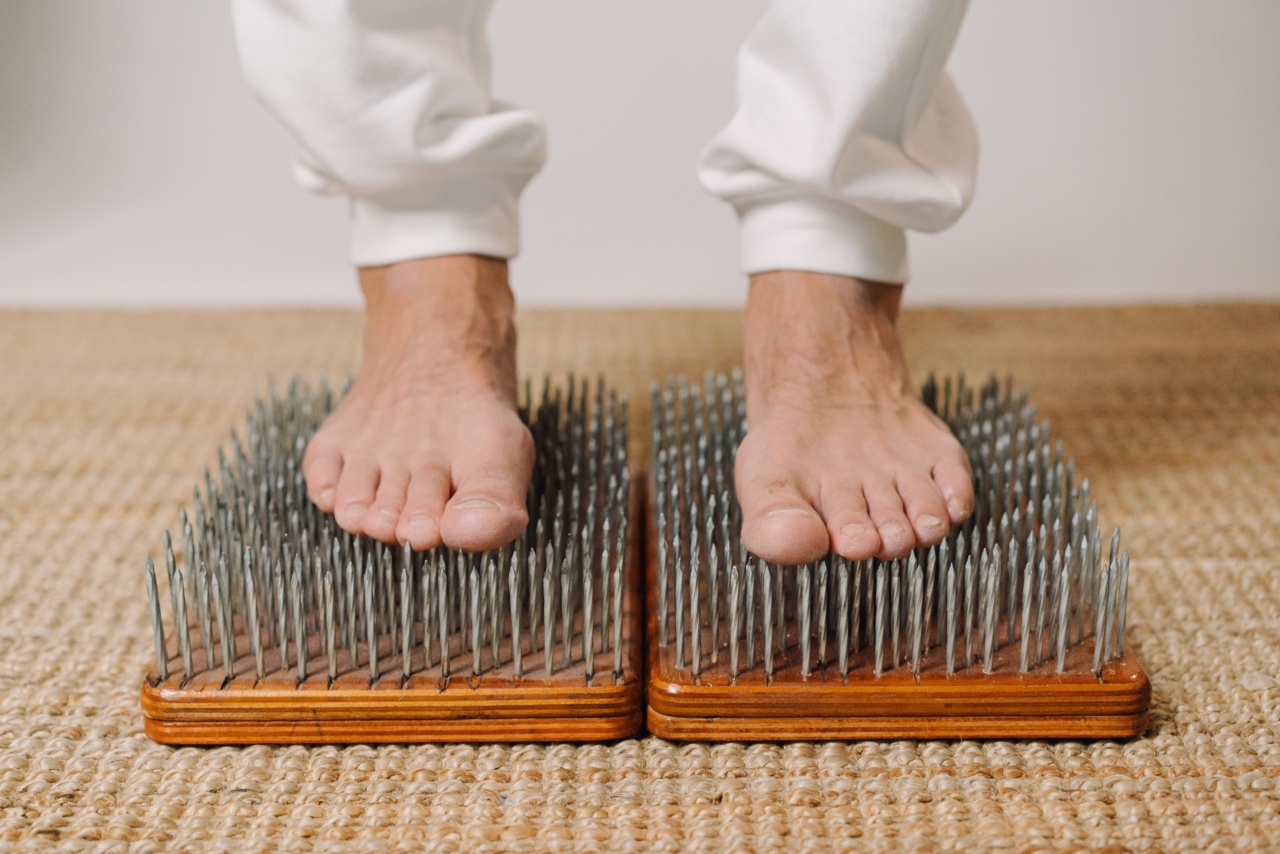Having a sharp mind is essential for achieving success and happiness in life. A sharp mind enables you to think clearly, make wise decisions, and stay focused on your goals.
Fortunately, there are several healthy habits you can adopt to enhance your mental acuity and keep your mind in top shape. In this article, we will explore ten such habits that can help you maintain a sharp mind for years to come.
1. Exercise Regularly
Regular exercise not only benefits your physical health but also has a profound impact on your mental wellbeing.
Engaging in regular physical activity increases blood flow to the brain, which promotes the growth of new brain cells and enhances cognitive function. Aim for at least 30 minutes of moderate-intensity exercise, such as brisk walking or jogging, five days a week.
2. Get Adequate Sleep
Sleep plays a crucial role in memory consolidation and cognitive function. Lack of sleep can impair your ability to concentrate, learn, and make decisions.
Make sure to get between 7-9 hours of quality sleep each night to allow your brain enough time to restore and rejuvenate.
3. Eat a Brain-Boosting Diet
Your diet plays a significant role in maintaining a sharp mind. Include a variety of nutrient-rich foods in your meals, such as fruits, vegetables, whole grains, and healthy fats.
Omega-3 fatty acids, found in fatty fish like salmon and walnuts, are particularly beneficial for brain health. Avoid processed foods, excessive sugar, and trans fats, as they can have a negative impact on cognitive function.
4. Stay Hydrated
Dehydration can impair your cognitive abilities and lead to difficulty in focusing and concentrating. Make sure to drink enough water throughout the day to keep your brain hydrated and functioning optimally.
Aim for at least eight glasses of water per day, and more if you engage in physical activity or live in a hot climate.
5. Challenge Your Brain
Engaging in mentally stimulating activities can help keep your mind sharp and improve cognitive abilities. Solve puzzles, play strategy games, learn a new skill, or engage in activities that require focus and concentration.
Regularly challenging your brain helps build new neural connections and enhances memory and problem-solving skills.
6. Practice Mindfulness and Meditation
Mindfulness and meditation practices have been shown to improve focus, attention, and overall mental wellbeing. Set aside a few minutes each day to practice deep breathing, mindfulness, or meditation.
These practices reduce stress, improve emotional regulation, and enhance cognitive function.
7. Socialize and Connect with Others
Regular socialization and maintaining strong connections with others are essential for brain health. Engage in social activities, spend time with loved ones, and surround yourself with positive and supportive relationships.
Socializing stimulates the brain and can help stave off cognitive decline.
8. Manage Stress Levels
Chronic stress can have a detrimental effect on your brain and overall health. Find healthy ways to manage stress, such as practicing relaxation techniques, engaging in hobbies, or seeking support from loved ones.
Chronic stress can impair memory, attention, and decision-making abilities.
9. Read Regularly
Reading is an excellent way to keep your mind sharp and expand your knowledge. Make it a habit to read regularly, whether it’s books, newspapers, or online articles.
Reading engages various cognitive processes, including attention, memory, and comprehension.
10. Take Breaks and Prioritize Self-Care
Avoid overworking yourself and make sure to take regular breaks to rest and recharge. Prioritize self-care activities such as relaxation, hobbies, and spending time in nature.
Taking breaks allows your brain to recover and maintain optimal cognitive function.






























